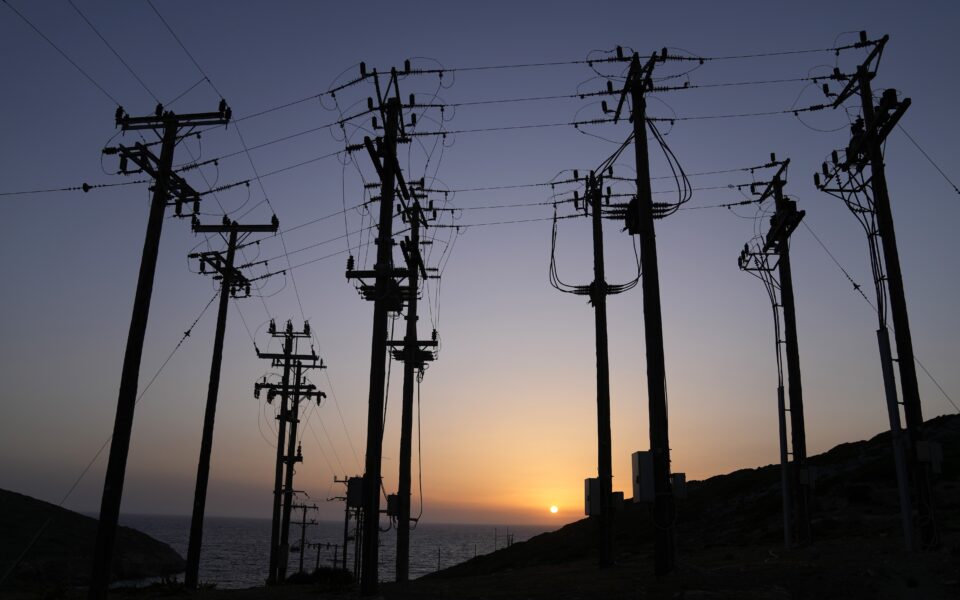Greece cuts back energy bill subsidies citing fall in gas prices

Greece has reduced the subsidies extended to consumers grappling with high energy costs to 95 million euros ($102.9 million) in February from 840 million euros in January, the energy minister said on Tuesday, citing a fall in gas prices.
The government has spent around 8.2 billion euros so far to help households and businesses pay their electricity, gas and heating fuel bills which soared last year following a spike in energy prices in the wake of the Ukraine war.
Gas prices have retreated since mid-December amid unusually warm weather and full EU gas storage.
“Today, we are in a period of drastic de-escalation of global natural gas prices,” Energy Minister Kostas Skrekas said in a televised address announcing the measures. “The crisis during this period has eased, but it is not over.”
Skrekas attributed the fall in gas prices to a cap agreed by EU countries in December to avoid the record-high prices Europe faced last year after Russia slashed gas deliveries.
The policy was agreed following a drawn-out debate between more than 15 pro-cap countries, including Greece, and will come into effect on February 15 if benchmark Title Transfer Facility (TTF) gas hub prices spike.
The EU Agency for the Cooperation of Energy Regulators (ACER) said last month that the cap had so far not caused any fallout in energy markets.
As part of the measures announced on Tuesday, for consumers using up to 500 kilowatt hours of electricity per month – which accounts for about 90% of Greek households – the subsidy will reach 40 euros per megawatt hour, down from 330 euros in February, Skrekas said. [Reuters]





